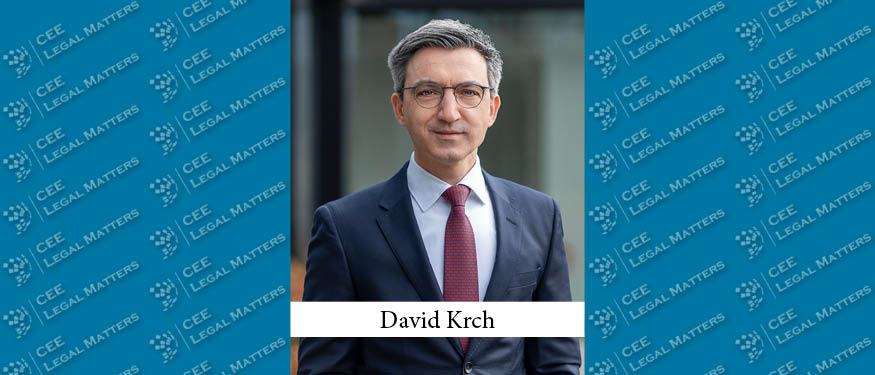The Czech Republic (the CR), as an OECD member state, generally speaking, has a tax system comparable to other economies. However, it does have some specificities. While in some areas, the Czech system is less strict (e.g., proving the movement of goods for VAT purposes), in other areas, the current practice in the CR is very formalistic and strict. This is the case, for example, for costs charged in a group between related parties, in particular costs for management services and marketing. Multinational groups unfamiliar with this approach from other European countries may therefore inadvertently get into a dispute with the local tax administration in the CR.
Developments in the Czech Republic Over the Last 30 Years
The current Income Tax Act dates back to 1992 – de facto 30 years of tax practice. It is logical that our system has had to undergo a more dynamic evolution of changes in the interpretation of tax legislation over the past period. Relevant case law has had to take shape gradually. In many cases, things that were acceptable earlier are no longer possible. Entities doing business in the CR must constantly adapt to these developments, otherwise they risk tax overcharges. As a Senior Partner responsible for tax services, I have been able to observe this continuous development in the 26 years of my practice.
Costs of Management Services
The dynamic development of tax practice in the CR also applies to management services provided for multiple entities in a group, which are usually charged to individual subsidiaries on a cost-plus basis.
In the past, it was sufficient to provide a very brief description of such services. The case law has moved the practice in the CR to one of the most formalistic in the whole of Europe, inter alia, by allowing the tax authorities to require audited entities to provide fully detailed evidence of the scope and content of the services received by the local subsidiary in return for the management services paid for. The perception of the tax authorities (supported by the courts) is that these types of services should be treated identically to services from third parties. This approach completely abstracts from the fact that central services substitute local costs that the local subsidiary would have incurred, resulting in savings and a lower reduction in the tax base of the local entity.
For example, if the Czech subsidiary does not have its own CFO position, which is performed in the CEE region, the tax authorities very often require detailed documentation of the activities and outputs that the CEE finance manager has performed for the Czech entity. Tax authorities may require detailed information on the cost base, including the salary costs of the manager, and compare this with the total price charged in order to verify whether the price charged, including the profit margin, is reasonable. This information and data is very often confidential.
Central Marketing Costs
The CR also has significantly stricter current practices in the area of marketing costs. For example, multinational corporations that have centrally processed advertising (TV spots, banners, posters), which are uniformly used by local branches, can be cited. The costs of this central production are allocated by an appropriate allocation key as central marketing costs to the individual countries that draw on these services to the extent and mix required for the market.
Tax authorities in the CR do not accept this system without a detailed overview of specific transactions. As an example, one client – an importer of cars in the CR – paid EUR 4 million for central marketing. This amount was fixed and it was up to our client to decide how much advertising to use in a given year. The Czech tax office did not accept this system on the grounds that our client had not sufficiently documented the use of the service to the amount of EUR 4 million.
Conclusion
The Czech tax authorities’ approach to group costs, particularly for management and marketing services, can be significantly more formalistic than in other jurisdictions. For some costs, the tax authorities in the CR may require an enormous amount of documentation – otherwise they may not recognize all or part of the costs incurred for the purpose of reducing the tax base.
By David Krch, Tax Partner, Havel & Partners
This article was originally published in Issue 11.9 of the CEE Legal Matters Magazine. If you would like to receive a hard copy of the magazine, you can subscribe here.




